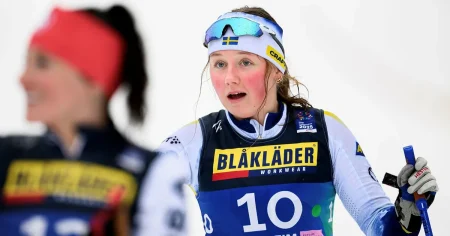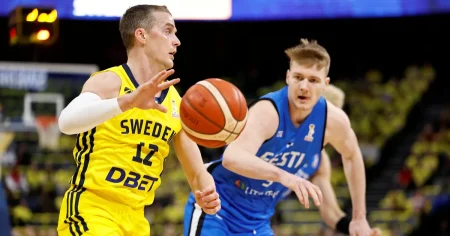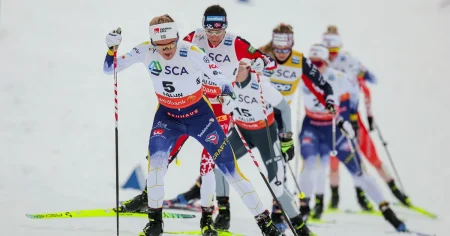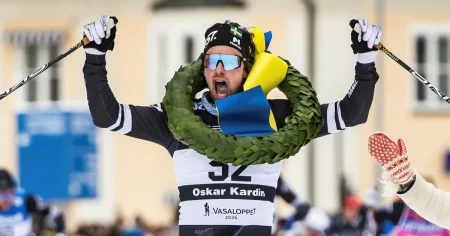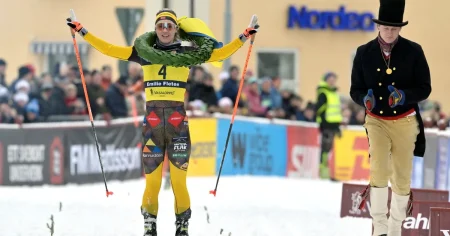The recent dismissal of João Pereira as head coach of Sporting Lisbon and the subsequent appointment of Rui Borges signifies a pivotal moment for the Portuguese football club, particularly impacting players like Swedish international Viktor Gyökeres. This change in leadership introduces an element of uncertainty, promising both challenges and opportunities for Gyökeres and his teammates. Understanding the context of this managerial shift requires delving into the circumstances preceding Pereira’s departure, examining the factors that contributed to the decision, and analyzing the potential implications for Sporting Lisbon’s future performance, especially considering Gyökeres’ crucial role within the squad.
João Pereira’s tenure at Sporting Lisbon, while relatively short-lived, was marked by a mix of successes and shortcomings. He inherited a team with considerable potential but also facing significant pressure to compete at the highest level both domestically and in European competitions. While his tactical approach yielded positive results in some instances, it also drew criticism for lacking consistency and adaptability. The team’s performance often fluctuated, failing to establish a clear and dominant playing style. Furthermore, reports suggest that Pereira struggled to effectively manage the dynamics within the squad, potentially leading to disagreements and a decline in morale among the players. These factors, coupled with the club’s failure to achieve its ambitious objectives, ultimately culminated in the decision to terminate his contract.
The appointment of Rui Borges as the new head coach brings a fresh perspective and a renewed sense of hope to Sporting Lisbon. Borges, known for his tactical acumen and his ability to cultivate strong relationships with his players, arrives with a reputation for fostering a positive and collaborative team environment. His previous successes at other clubs, particularly his emphasis on developing young talent and implementing a dynamic, attacking style of play, suggest a potential shift in Sporting Lisbon’s approach on the field. However, Borges will also face the immediate challenge of integrating his philosophy into the existing squad and addressing the underlying issues that contributed to the team’s inconsistent performance under Pereira.
For Viktor Gyökeres, this change in management presents both exciting prospects and significant challenges. The Swedish striker, known for his physicality, aerial prowess, and clinical finishing, has established himself as a key player for Sporting Lisbon. Under Pereira, Gyökeres often played a central role in the team’s attacking strategy, utilizing his strength and positioning to create scoring opportunities. However, he also experienced periods of frustration, struggling at times to consistently find the back of the net. The arrival of Borges could potentially revitalize Gyökeres’ performance, offering him a new tactical framework within which to showcase his abilities. Borges’ emphasis on attacking football could create more goal-scoring opportunities for Gyökeres, while his focus on player development could help the Swedish striker further refine his skills and reach his full potential.
The success of this transition hinges on the effective integration of Borges’ philosophy and the players’ ability to adapt to his methods. The new coach will need to quickly assess the strengths and weaknesses of the squad, identify key areas for improvement, and implement a tactical system that maximizes the potential of each player, including Gyökeres. Building strong relationships within the team and fostering a positive and supportive environment will be crucial for establishing a sense of unity and purpose. Furthermore, Borges will need to address any lingering issues from the previous regime, restoring confidence and motivation among the players.
Ultimately, the future of Sporting Lisbon and the trajectory of Viktor Gyökeres’ career will be shaped by the unfolding dynamic between the new coach and his players. The coming weeks and months will be a period of adaptation and adjustment as Borges implements his vision for the team. While uncertainty remains, the appointment of Rui Borges represents a new chapter for Sporting Lisbon, offering the potential for renewed success and the opportunity for players like Gyökeres to thrive under a fresh leadership approach. The football world will be watching closely to see how this transition unfolds and whether the promised changes will translate into tangible results on the pitch.






